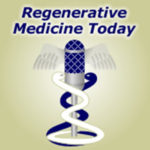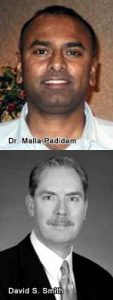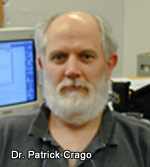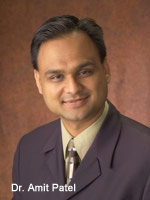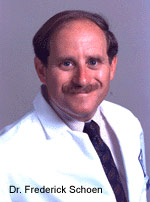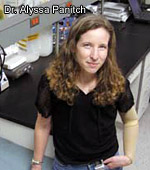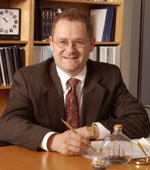RMT Podcast #16 – William Federspiel, PhD and Marina Kamaneva, PhD
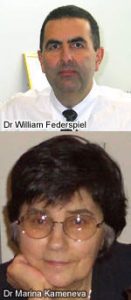
In podcast #16, learn about two technologies that help keep tissues oxygenated in dire times.
Dr. William Federspiel is developing devices that do some of the lungs’ critical work of adding oxygen to blood and removing carbon dioxide. These aren’t ventilators, which mechanically inflate the lungs with air, but small devices that can be inserted into a vein through an incision in the femoral artery. Known as respiratory assist catheters, they can unburden the lungs for a short time while they recover from disease or injury.
Dr. Marina Kameneva, meanwhile, has found a compound derived from aloe vera that boosts survival rates during episodes of massive blood loss. Known as a drag reducing polymer, the compound seems to help oxygen-carrying red blood cells reach needy tissues even when there’s not a lot of blood to go around.
Dr. Federspiel is William Kepler Whiteford Professor of Chemical Engineering, Surgery and Bioengineering at the University of Pittsburgh. He directs research in the Medical Devices Laboratory: Biotransport, Pulmonary, and Cardiovascular, a core laboratory of the McGowan Institute for Regenerative Medicine.
Dr. Kameneva is a Research Professor of Surgery in the University of Pittsburgh School of Medicine, and Director of the Artificial Blood Program at the McGowan Institute for Regenerative Medicine.
Hosts Leah Kauffman and John Murphy. Interview by Leah Kauffman.
For more information about the McGowan Institute for Regenerative Medicine, visit:
McGowan Institute Research Site
McGowan Institute Patient Site
McGowan Institute on Facebook
